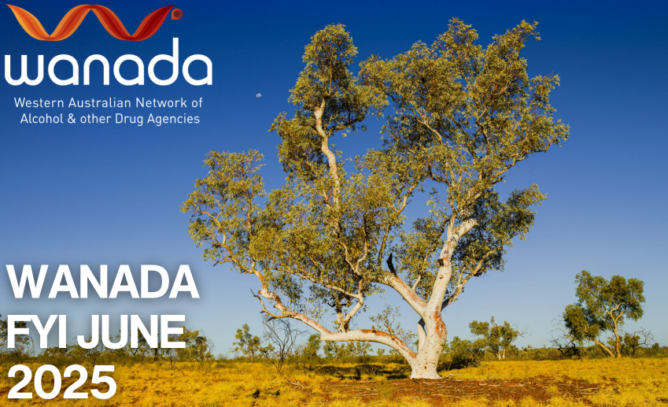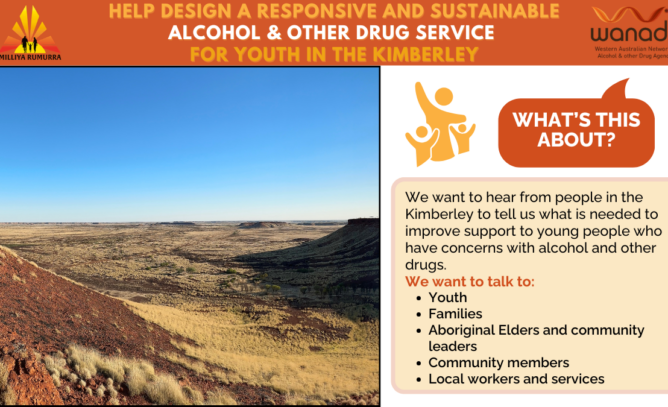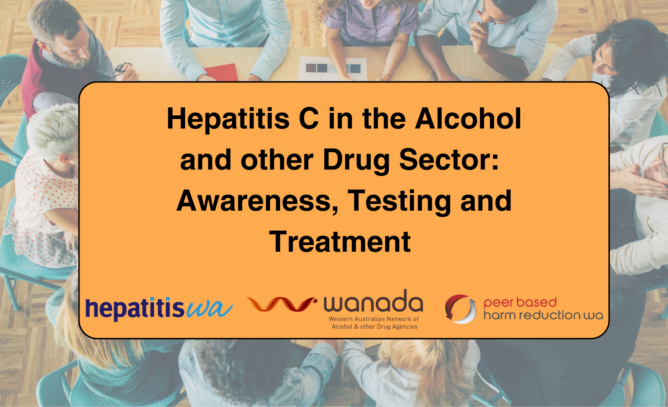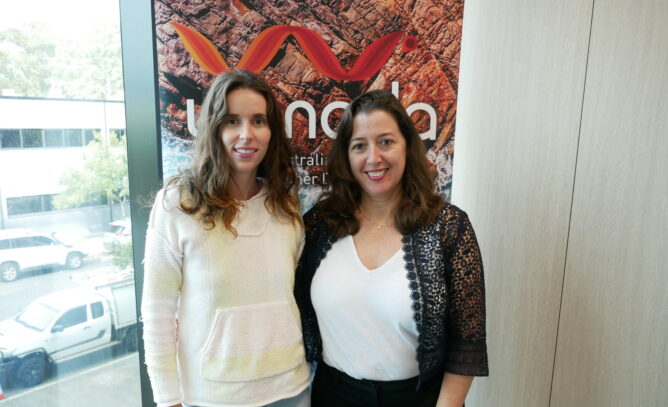Working to reduce family and domestic violence
Working to reduce family and domestic violence
WANADA is working with the Centre for Women’s Safety and Wellbeing and Stopping Family Violence on a collaborative workforce development project to build the capability of services to address intersecting alcohol and other drug use and domestic and family violence.
Research shows that alcohol and other drug use, while not a cause, increases the frequency and severity of family and domestic violence incidents.
“The incidence of family and domestic violence has increased during the COVID-19 pandemic and Australians are now more aware of its prevalence,” says WANADA CEO Jill Rundle. “Alcohol and other drug workers have an important role in identifying family and domestic violence and intervening sensitively and appropriately.”
National and local plans to reduce violence against women and children place increased emphasis on whole-of-community, whole-of-government responses.
Participating services include an alcohol and other drug residential treatment service (both a mixed gender residential program, and a women and children’s residential program); a service/program that supports men who are perpetrators of family and domestic violence; and a service/program that supports women experiencing family and domestic violence.
Services will be able to review their capability to meet the needs of people with intersecting family and domestic violence and issues associated with alcohol and other drug use through a new supported self-review tool developed as part of the project. Service managers and workers will participate in the reviews, with service user consultation where appropriate.
Other activities include family and domestic violence training for alcohol and other drug service workers, as well as alcohol and other drugs training for family and domestic violence service workers.
“Sustainable workforce development is best achieved through service worker training as well as organisation and systems enhancement,” says Ms Rundle.
“Evidence-based, well-planned responses to intersecting alcohol and other drug issues and family and domestic violence will allow services to achieve improved outcomes including increased safety and wellbeing of families.”
The Intersecting family and domestic violence and alcohol and other drug capability building initiative is supported by the WA Department of Communities.
Learn More
For more information, please download the Intersecting family and domestic violence and alcohol and other drug capability building initiative project summary (188 KB) or contact WANADA on (08) 6557 9400 or via [email protected].
Sector News and Events

FYI E-Newsletter June 2025
In the June edition of FYI, WANADA’s monthly e-newsletter, we feature takeaways from the WA State Budget, OVIS' Warlang Bidi Program and highlight WANADA's Annual Member and Stakeholder Survey

Help Shape an Alcohol and Other Drug Service for Young People
KARGG and Empowered Young Leaders are partnering with Milliya Rumurra to co-design a community-driven Youth Alcohol and Other Drug Service for the Kimberley. Conversations have started.

Watch Now: Hepatitis C Care
A new video shares how alcohol and other drug workers can support people to access testing and treatment for Hepatitis C .

Welcome Ganit and Amie – New Advocacy Team
WANADA is pleased to welcome Amie Furlong and Ganit Poleg-Spark as our new Systemic Advocacy Managers.